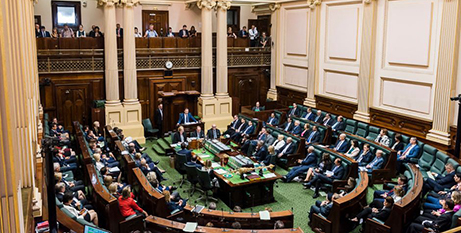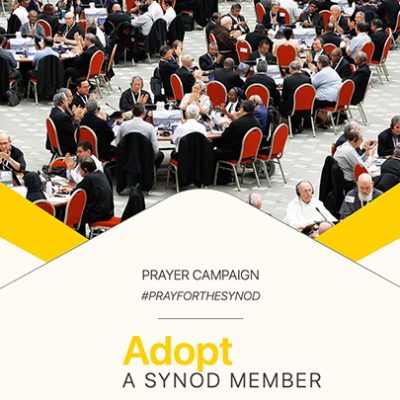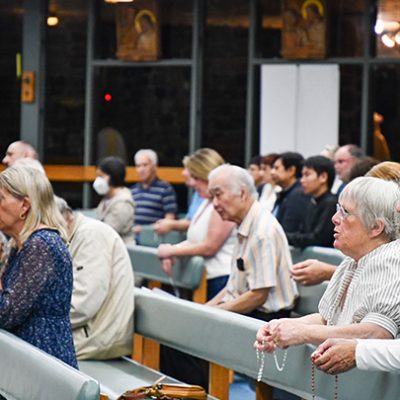
For more than 100 years, Victorian MPs have started each parliamentary sitting day with the Lord’s Prayer. But this could soon change, with the new premier conceding the tradition does not reflect the state’s growing cultural diversity. Source: The Guardian.
“We are seeing greater cultural diversity. I think it’s important that we do look at reflecting that in our parliamentary practices,” Jacinta Allan told reporters on Monday.
Ms Allan made the comments after two Labor MPs last week said they would sit out the prayer – which has been said at the start of each sitting day since 1918 – due to Pope Francis’ comments condemning surrogacy.
All Australian parliaments now feature the Lord’s Prayer – generally read at the start of each sitting day – with the exception of the ACT, which since 1995 has started sittings with an invitation to MPs to “pray or reflect” on their responsibilities as elected representatives.
Baptist minister and social justice advocate Tim Costello has urged the Victorian Government to think carefully before doing away with the tradition.
“Given 30 years ago there was Christian consensus and now it’s fragmented, it is entirely appropriate to ask whether Parliament needs to be more inclusive. But I also think secular people often are a little naive,” he says.
“They would be surprised to know that Muslims, Jews and Hindus, they’re not offended by the Lord’s Prayer. What offends them is a secular Australia that doesn’t have a belief in transcendence, a belief in a higher power, something beyond us.”
FULL STORY
Should Australian parliaments axe the Lord’s Prayer? In Victoria, it’s up for debate (By Benita Kolovos, The Guardian)






